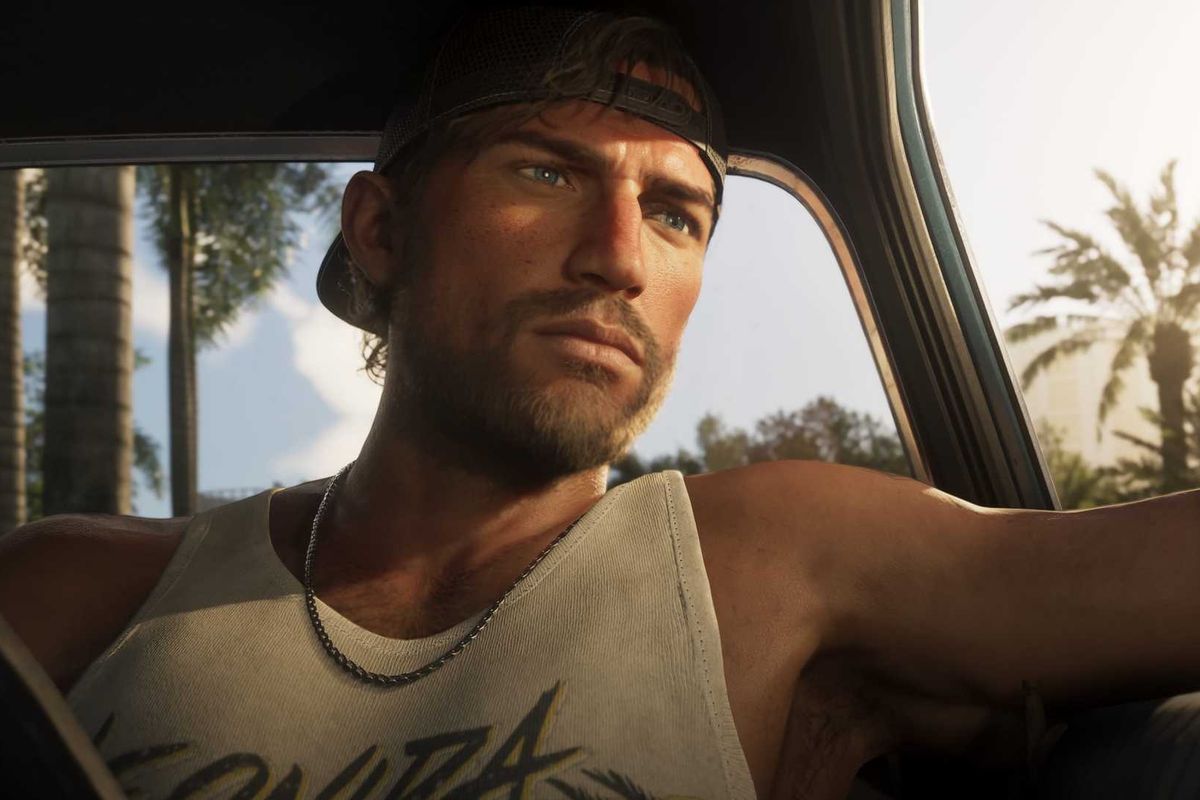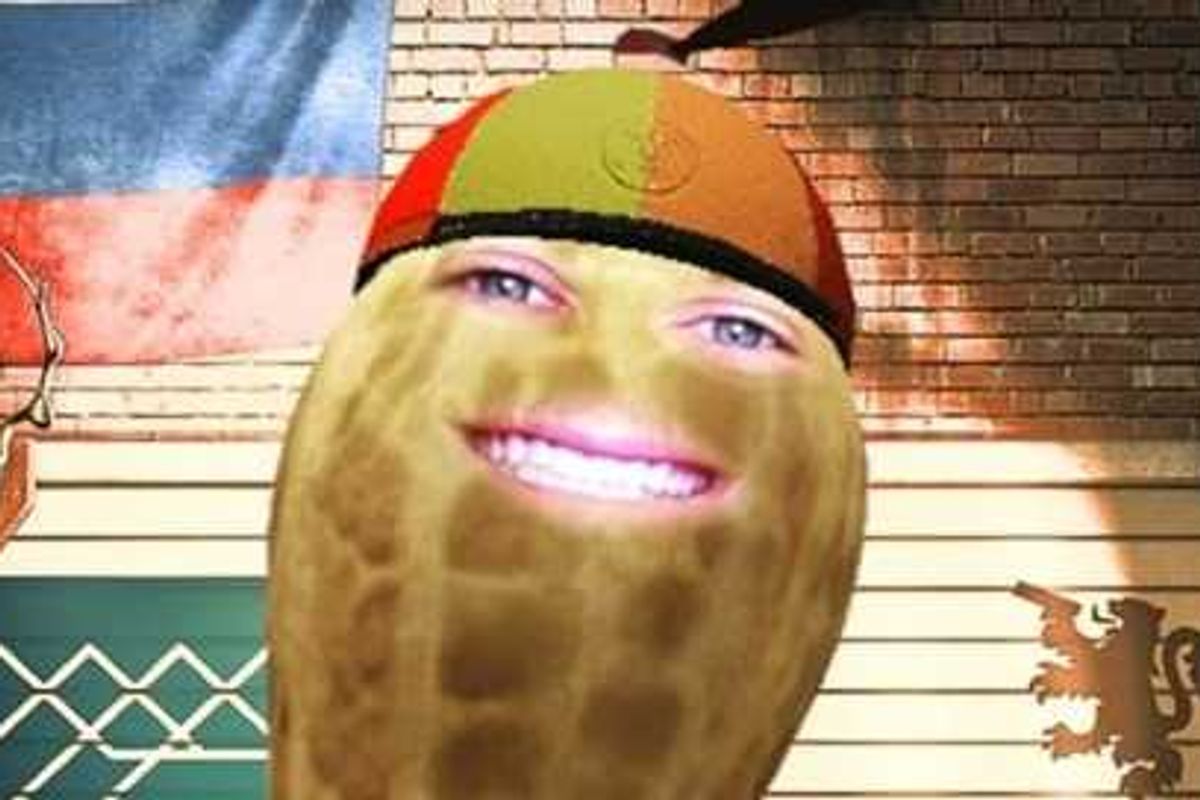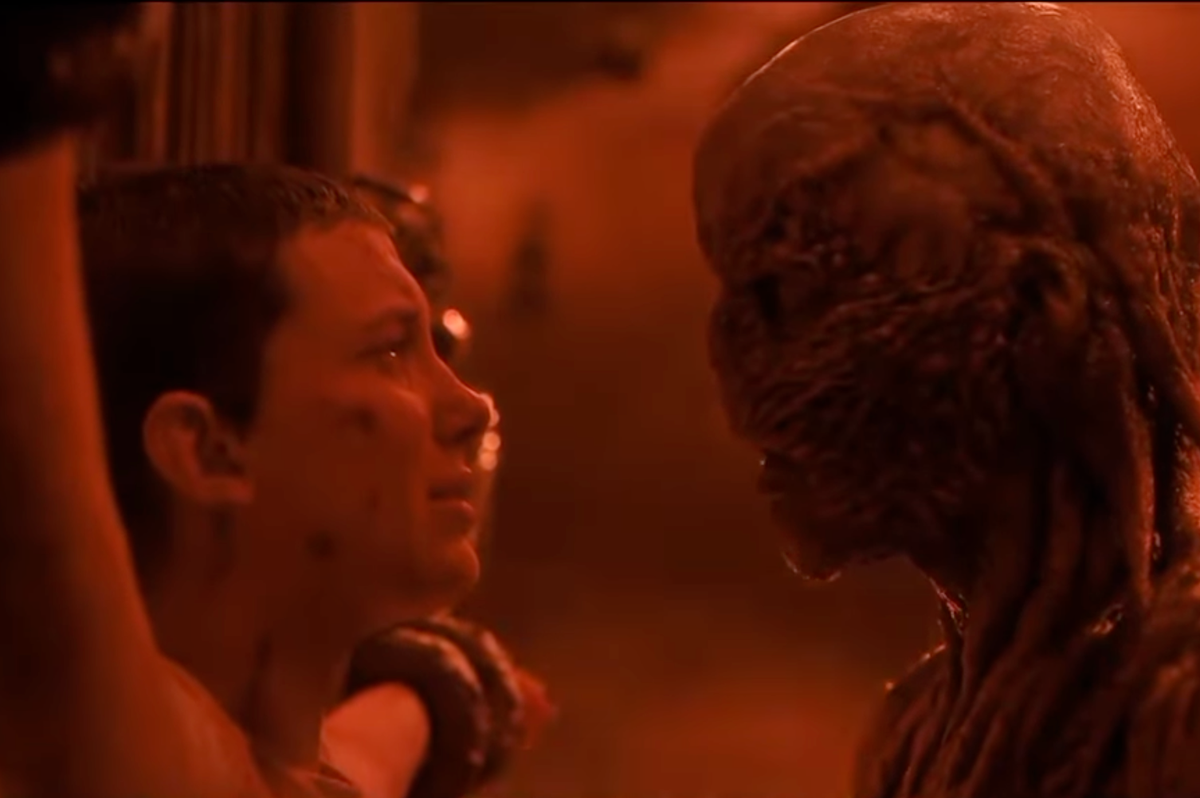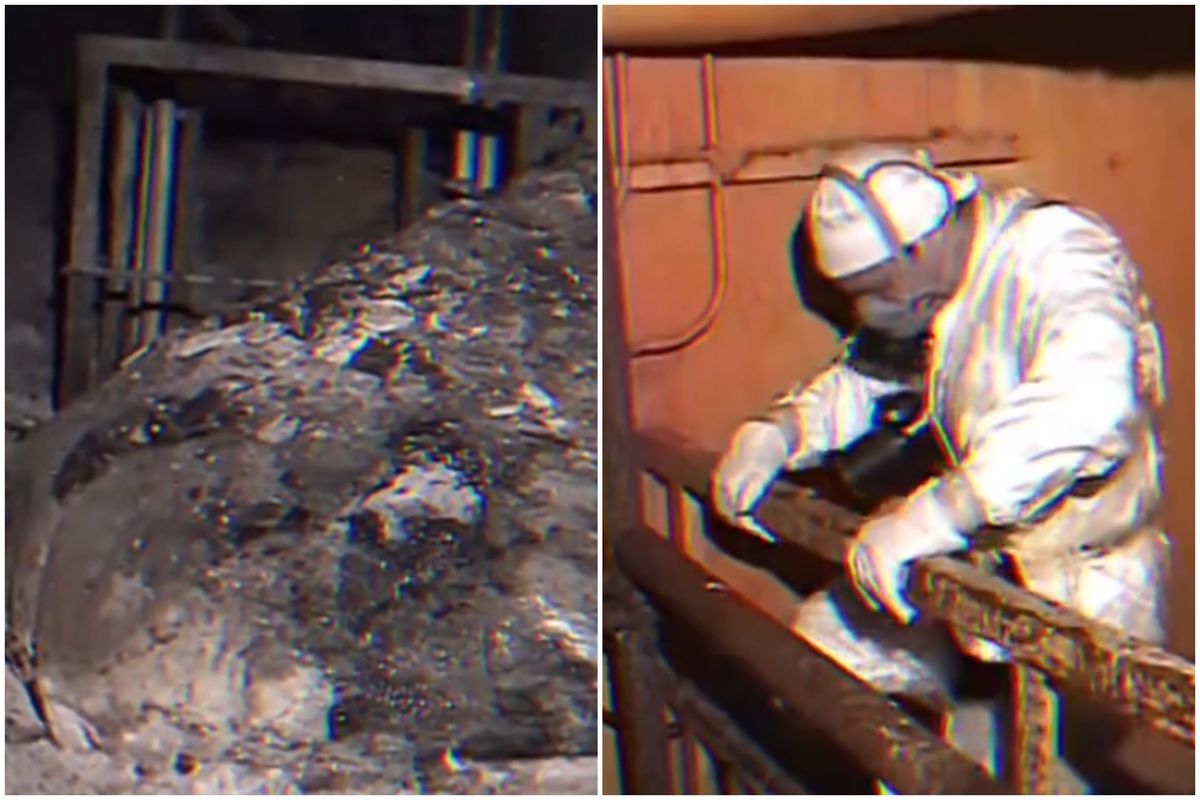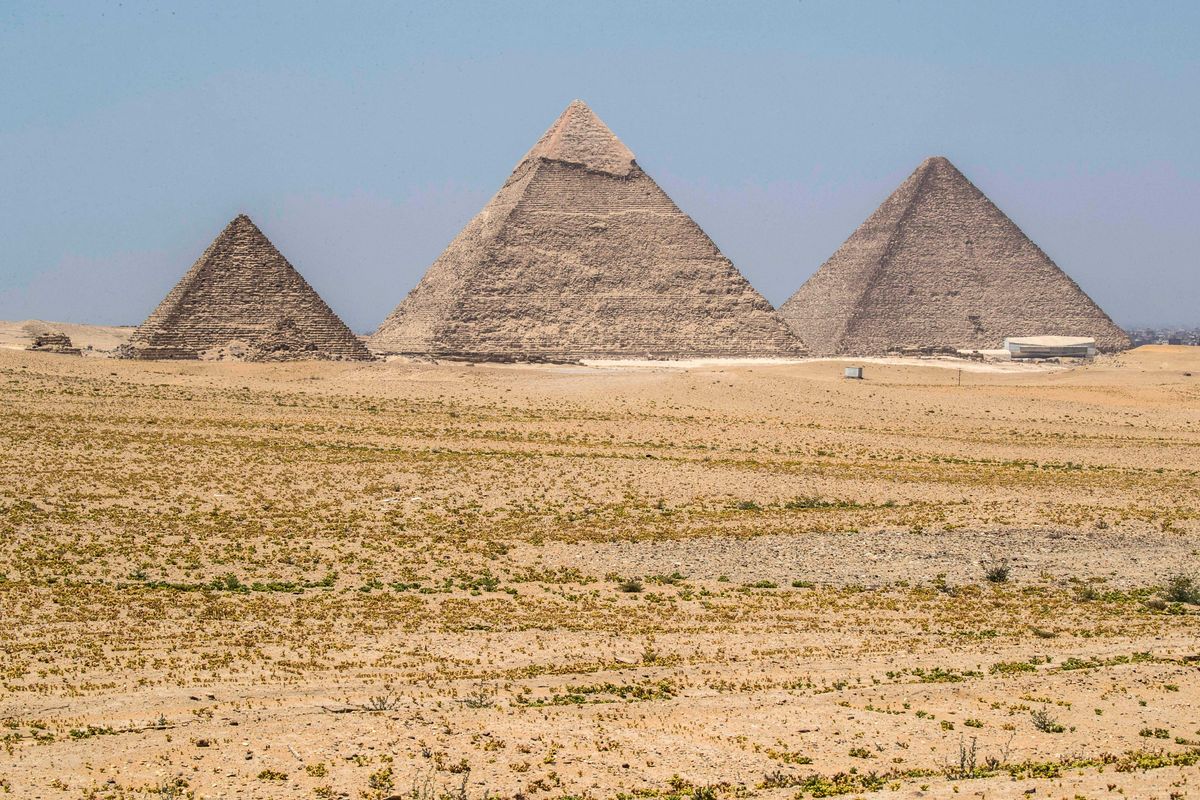Sinead Butler
Jun 03, 2021
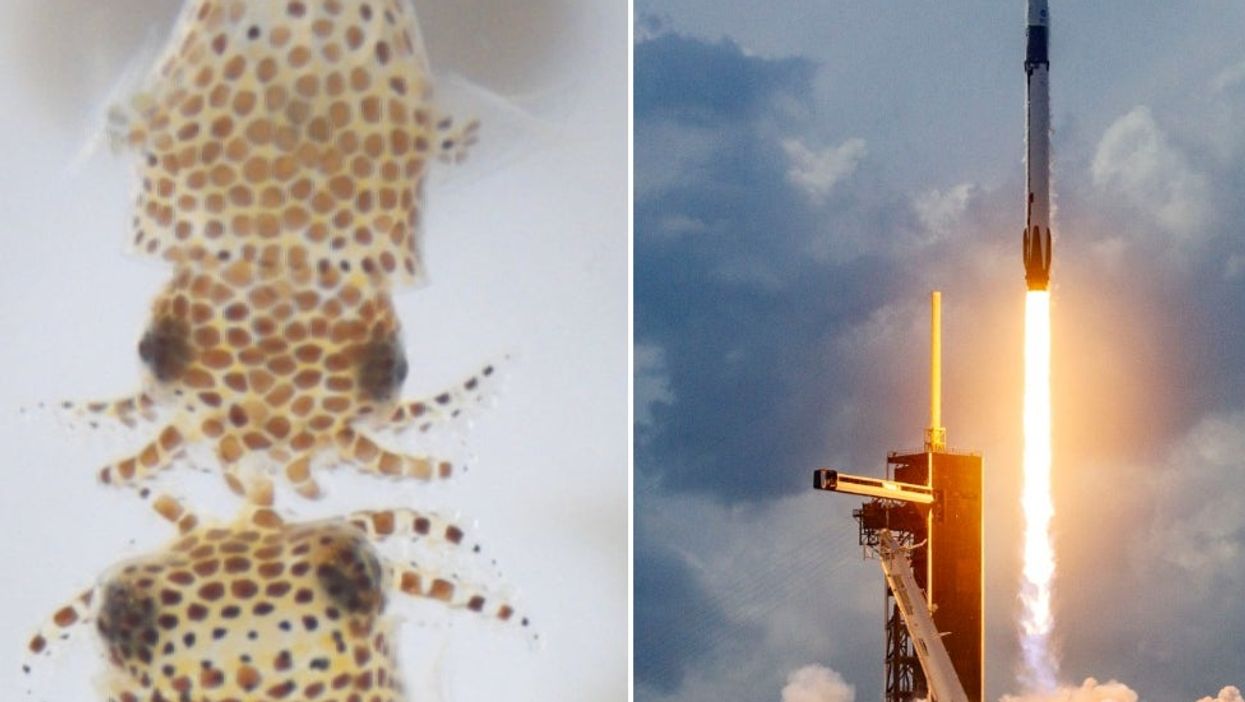
More than 100 baby squid are going into space today
NASA/JAMIE S. FOSTER and SpaceX via Getty Images
Yes, you read correctly, more than 100 baby squid are going where most humans will never go - to the International Space Station (ISS).
The sea creatures will be joined by over 5,000 microscopic tardigrades where they will be used in experiments.
Space X’s Falcon 9 rocket will be used to transport the animals to the ISS.
The launch is expected to take place at 13:29 EDT (17:29 GMT) and will be broadcast live by Nasa.
Scientists hope to gain a better understanding of the effects of spaceflight by looking at the beneficial interactions between microbes and animals.
Nasa explained on their website that the investigation could support the “development of protective measures and mitigation to preserve astronaut health on long-duration space missions.”
It could also help gain further knowledge on how stress affects humans in space.
“Such knowledge could help identify ways to protect and enhance these relationships for better human health and well-being on Earth as well,” they added.
The 128 glow-in-the-dark baby bobtail squid are ideal to test this on because they have a similar immune system to humans.
“Animals, including humans, rely on our microbes to maintain a healthy digestive and immune system. We do not fully understand how spaceflight alters these beneficial interactions,” UMAMI principal investigator Jamie Foster said.
Over 5,000 tardigrades - also known as water bears - will accompany the baby squid and can tolerate extreme environments, making them the perfect candidate to test how life responds to the environment in space.
“Spaceflight can be a really challenging environment for organisms, including humans, who have evolved to the conditions on Earth,” says Thomas Boothby, the principal investigator on the ISS experiment, in a statement.
“One of the things we are really keen to do is understand how tardigrades are surviving and reproducing in these environments and whether we can learn anything about the tricks that they are using and adapt them to safeguard astronauts.”
Sad news for the animals though - they won’t survive the return trip as the creatures will be frozen before they return to Earth to be studied.
Top 100
The Conversation (0)

